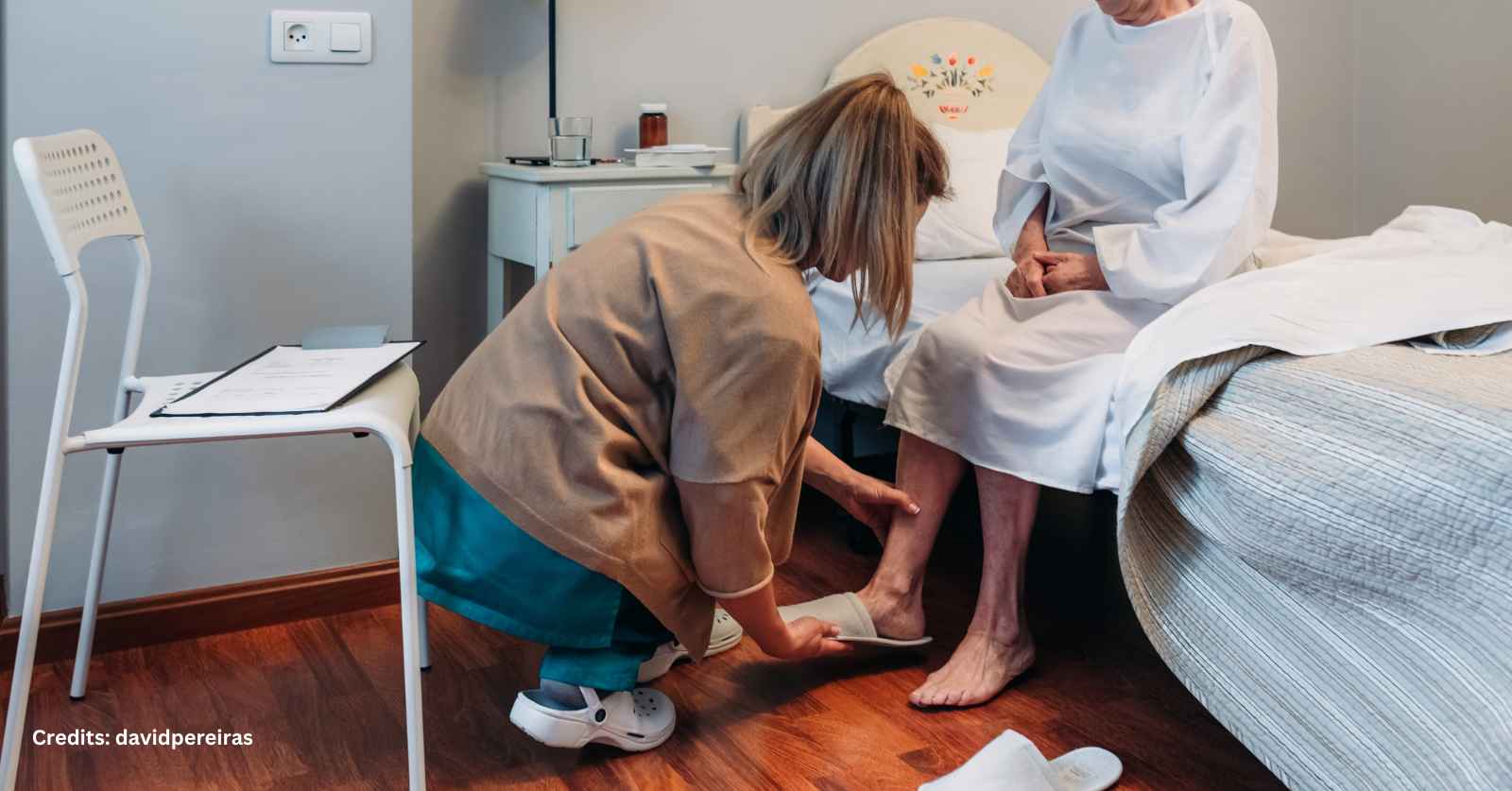The festive season is fast approaching, and if you’re organising celebrations with family or friends, you might be grappling with a seemingly endless to-do list. But as you make these plans, it’s important to consider how you can best include any friends or loved ones living with dementia.
While no two people experience dementia in the exact same way, dementia often affects the way people process and respond to their environment. Too much stimulation – like a lot of noise and activity at a Christmas party – can be overwhelming and may cause confusion or agitation.
Finding ways to create a safe environment at home for your loved one with dementia will help maximise the chances everyone has a good time.
1. Plan ahead, but be flexible
Planning celebrations can be overwhelming for everyone involved, and having excessive expectations can raise stress levels. Try to keep expectations realistic and in line with the current needs of your friend or loved one living with dementia.
For example, people with dementia may experience changes in their appetite or food preferences, or difficulties chewing and swallowing. These changes might make some of the things on your festive menu unappetising or difficult to eat. Be guided by the needs and preferences of the person with dementia and keep options limited to one or two special foods if larger banquets are likely to be overwhelming.
Things can change quickly for people living with dementia and their abilities will likely vary from day to day. Try to be flexible and have a backup plan in place. For special events, plan to record speeches or ceremonies to share when things are quieter.
If you’re planning a large event, consider having a smaller gathering with your loved one with dementia and just a few special people.
2. Stick to the familiar
The sudden appearance of lots of decorations may be overwhelming for a person with dementia and trigger a negative sensory reaction or distress. Ensure decorations are safe and familiar and put them up slowly over a period of a few days.
Try to also stick to familiar traditions and routines. Daily routines are an important way of supporting people with dementia and sudden changes may result in agitation and distress. Stick to routine eating, bathing, and rest times where possible throughout the holiday period.
For many people with dementia, long-term memories are less affected than more recent memories. Familiar family traditions can therefore be a good way to reminisce. Family keepsakes or memory books can also help connect with stories from past celebrations.
3. Have a quiet space
Try to have a quiet place where the person living with dementia can go if things become overwhelming. Designating a support person who can stay with them throughout the day and take them to a separate room or area away from the action can help to keep things calm.
Having some familiar objects or quiet music in the space can be a good way to block out the noise of activities and reduce agitation.
4. Make sure everyone has a part
Everyone wants to feel a part of the activities on a special day, including people living with dementia. Ensuring everyone has a role to play may mean modifying tasks to suit the abilities of the person with dementia.
For example, if you’re hosting an event at home, try to get your friend or relative with dementia involved in the kitchen by tossing the salad or helping to set the table.
People with dementia are still the same person, even if their abilities have changed or they can no longer communicate their needs and feelings like they used to. It’s important to treat everyone with dignity and try to include your friends and loved ones with dementia in celebrations whenever possible.
Sometimes, you can’t be together
Despite the best laid plans, sometimes it won’t be possible to share in festive celebrations with your loved one living with dementia. More advanced dementia, aged care visitor restrictions or even just distance can keep many of us apart from our loved ones.
Be prepared for this separation to bring up your own feelings of grief or sadness. Look after your mental health as well as the person with dementia.
Caring responsibilities still largely fall to women and it’s important to share the load. Where possible, the holidays can be a good time to think about giving primary carers a break to help them recharge for the year ahead.
If you’re caring for someone with dementia and need support, Dementia Australia or Carer Gateway offer useful resources.
This article is republished from The Conversation under a Creative Commons license. Read the original article.
As a member of the UNSW Ageing Futures Institute, Nikki-Anne's current research explores dementia risk reduction as well as novel interventions to support older adults with cognitive decline.




















Upcoming Events
6th Annual Aged Care Week
June 25, 2025
Subscribe
We send emails,
but we do not spam
Join our mailing list to be on the front lines of healthcare , get exclusive content, and promos.